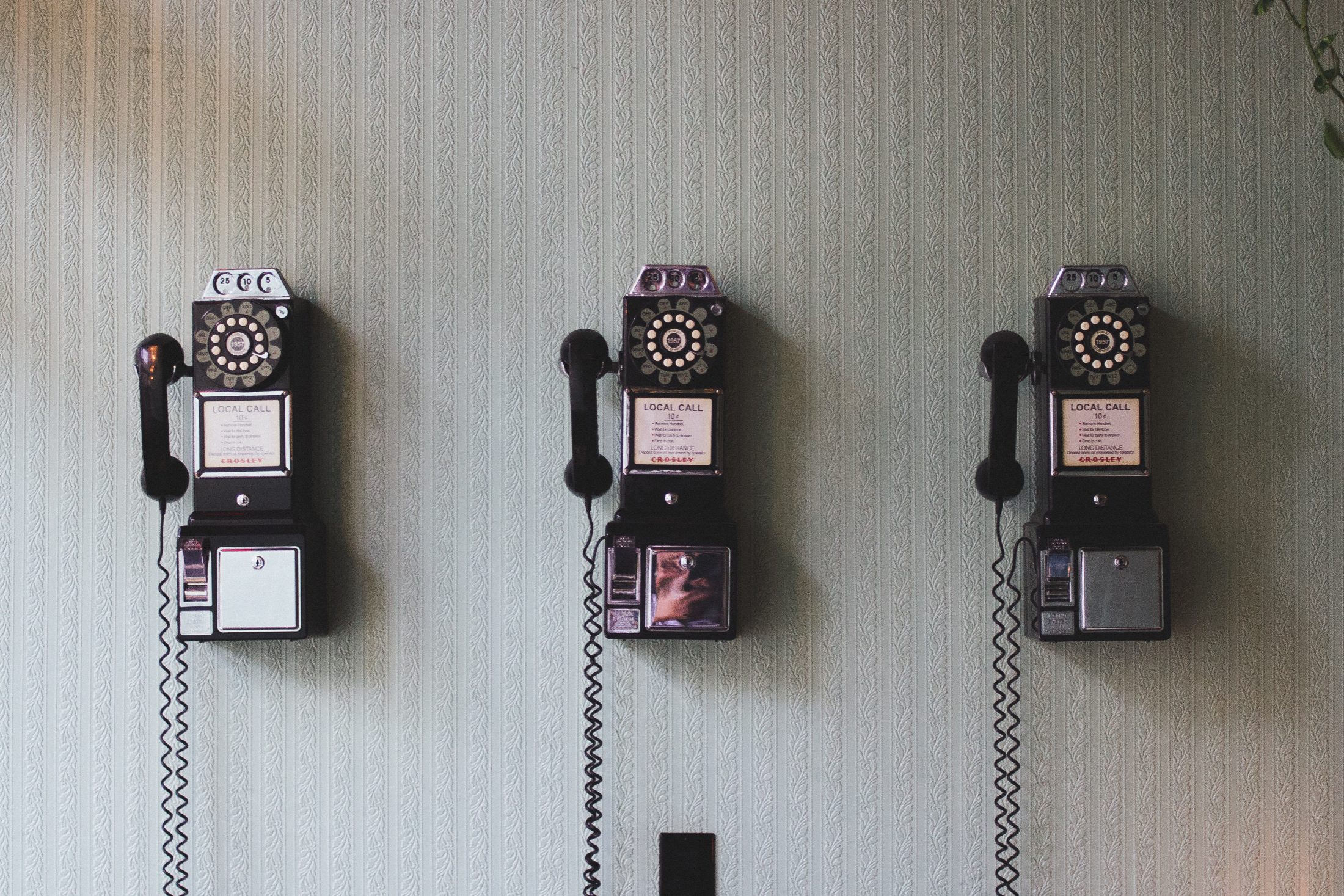Have you ever had a conversation with someone to then discover at a later stage that what you had said in that conversation was completely misconstrued?
Why does miscommunication happen? Well there are a number of reasons, but one of the biggest reasons to consider is how each of us filters information. At any given moment, we are subconsciously sorting through a huge amount of data, more so these days with so many communication platforms continuously bombarding us with information. Some information we ignore and dump and some of it we take on board. This selection process or filtering system, which is made up of our past experiences, belief system, culture and values to name a few, helps us process information and make sense of what’s happening around us.
So the next time you have a conversation with someone, remember you aren’t just talking to John or Jane, but you are communicating with a person who communicates through their own unique filter system. Their past and more recent history, their current state of mind, their mood. Here are a few communication hacks you can use to help you.
#1 – The onus is on you to ensure that what you are saying is being received correctly. Therefore, stating your case in a conversation and not considering the other person’s questions or opinion is a quick and certain entry into communication purgatory.
- Allow for two way communication. Ask open ended questions, such as “How did you feel about that?” or “What do you think?” Probe them respectfully for their opinion not just for their blessing.
#2 – Ensure that the person you want to communicate with is ready for you. Trying to have a conversation with someone who is visibly distracted or busy is not going to end well.
- If possible send them an agenda of what you want to discuss, prior to the conversation. This way they are able to prepare for you and get their “head in the game”.
#3 – Consider your own mood, body language and tone of voice. Are you ready and prepared for the conversation? Depending on the topic, perhaps you may need to re-schedule?
- A good habit to get into before any meeting is to take a minute or more if you can spare to declutter your mind. Step into a quite space, close your eyes, breathe and concentrate on what’s ahead.
#4 – Speak in their language. Choose words, phrases, examples that they can relate to. Don’t use jargon words, technical words or speak in acronyms! They wouldn’t understand, nobody understands at the best of times. Remember it may be easier for you, but it’s not about you so just don’t do it.
#5 – Follow up. A simple action, but so seldom executed. This is either in person or in writing. Think of it as your safety net. It helps you to clarify your main discussion points, possible solutions, required actions and deadlines. Making sure everyone is “on the same page”.
Lastly, and probably the most important piece of advise. Always reflect on your past communication engagements. What went right, what went wrong? How can you repeat doing the things that work and what do you need to do to improve on the weaknesses.
- A business strategy is not enough - June 3, 2024
- Networking – quality or quantity? - February 19, 2024
- How behaviour profiling can work for your business - January 5, 2024




